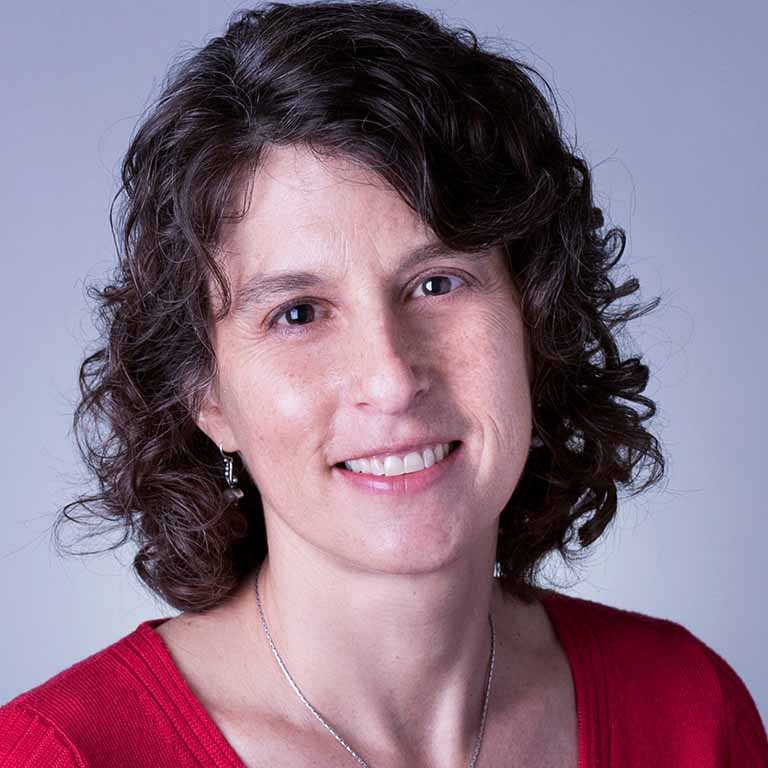Dr. Sara Friedman's course ANTH-E 400 The Anthropology of Citizenship examines citizenship as a growing focus of anthropological concern, attending to how it shapes everyday life, experiences of inclusion and exclusion, and bases for community formation. Students will study how people experience citizenship as a critical part of their national and/or transnational identities and what happens when citizenship is changed or denied.
An interview with Dr. Sara Friedman, Professor in the Department of Anthropology, is below.
What, to you, is the most interesting aspect of this course?
Dr. Friedman: I think there are two really important and interesting things about this course: one is how it encourages students to think about citizenship as a core aspect of their identity that affects their everyday lives. So citizenship is not only something that is registered when they, for instance, go to vote or try to cross a border, but also in more mundane interactions. Then secondly, to better understand how that identity is marked and created through particular kinds of documents. Identity documents play an important role in recognizing and misrecognizing citizenship, in creating both belonging and exclusion.
Why does this course fit the theme of this year’s Themester?
Dr. Friedman: This course’s point of entry into the theme “Identity and Identification” is through citizenship. Again, I mean “citizenship” in a much more diffuse everyday sense than we typically think of it, especially in relation to identity. Moreover, the class adopts an explicitly transnational and international framework to study different meanings of citizenship and how cross-border mobility upends people's sense of identity, sense of belonging, and inclusion. So we won't only be situated in the U.S., we'll be looking more broadly around the world.
Who should take this course and why is it important?
Dr. Friedman: I would say students who have an interest in how societies are organized around forms of inclusion and exclusion. Basically, students who are interested in both the boundaries that encircle societies (the big identity containers, so to speak) and the fault lines that run through societies.
[The Anthropology of Citizenship] would be of interest to students who want to go out into the community because it is a service-learning class. Students will be paired with a community organization and they will have to commit to working at that organization for two hours a week over ten weeks during the semester. The written assignments will be tailored to build from their service-learning experience. I think my favorite part of the course is the connections that students make between the readings and these very immediate face-to-face interactions. They might be interacting with someone who's not a US citizen or someone who is legally a citizen, but who doesn't experience all the benefits of citizenship in their daily lives. So someone, for instance, who's experiencing homelessness, or someone who is trying to recover from addiction, or mental health struggles. This course is really trying to think about the various aspects of our identities and how they might influence what we think of as a secure or insecure citizenship status.
What do you hope people learn from your class?
Dr. Friedman: What I want students to take away from this course is a much more critical understanding of what citizenship means to them and to other people. I want them to recognize how it affects a range of actions, opportunities, and imagination of what is possible or impossible. By recognizing how citizenship simultaneously includes some while excluding others, students can become better citizens.
View this course
View Themester 2022 courses




 The College of Arts
The College of Arts